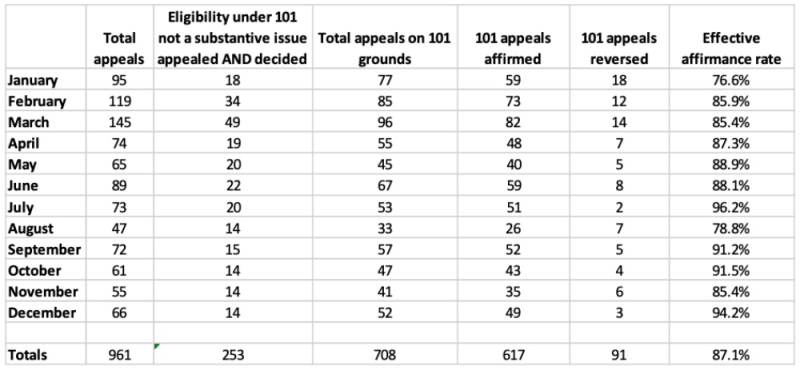How Does Arbitration Work in Divorce
Spouses who want to avoid having their divorce heard in court can agree to arbitration. The major difference between arbitration and divorce court is the parties’ documents like financial disclosures do not become public record in arbitration. In addition, arbitration can take place when the parties request the proceeding. The parties will not experience delays related to public court proceedings. Sometimes your Birmingham divorce lawyer might be able to set that up for you if requested, but it is usually more expensive.
Parties engaging in arbitration usually have more privacy than parties divorcing in court. Typically, parties engaged in arbitration work together to hire the arbitrator. An arbitrator is usually a private judge. The parties usually split the cost of the arbitrator’s fee and hosting the arbitrator in a private forum.
An arbitration proceeding functions similarly to a trial. Each party can present evidence and have their divorce attorney in Alabaster, or wherever they are, argue for them. Arbitration is unlike mediation in that an arbitrator makes a final decision on issues such as property division. Usually, an arbitrator’s decision is binding. The parties can agree otherwise.
Parents must abide by the child support guidelines set by the state of Alabama. They cannot agree to minimum payments that are under the child support guidelines. Parents can agree to a parenting plan and custody division as ordered by the arbitrator.
After engaging in arbitration, a party can appeal an arbitrator’s ruling. They can also request a modification of the arbitrator’s ruling. The party can request to do that through the appellate process in court. The party filing the appeal should attach the documents relating to the arbitrator’s original ruling. This means the documents like a marital settlement agreement (MSA) in a Jefferson County uncontested divorce that had been private before will not be public.
Unlike mediation, arbitration is not a mandatory process. The court may not order parties who agree on matters such as property division and child custody to enter into arbitration. Further, the court may not require parties to go to arbitration before or in place of divorce court.
Attorney Steven A. Harris regularly blogs in the areas of family law, bankruptcy, and real estate closings on this website. He is always available in any of the firm’s offices or by phone anytime for a consultation. Mr. Harris tries to provide informative information to the public in easily digestible formats. Hopefully you enjoyed this article and feel free to supply any feedback. We appreciate our readers and love to hear from you!
Sharing is caring:







